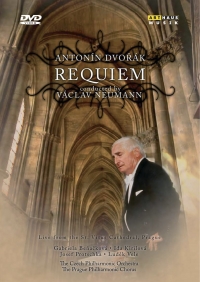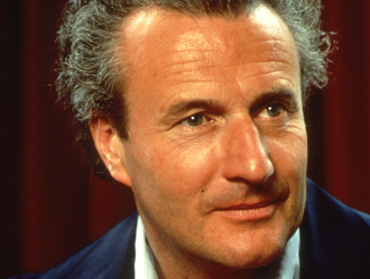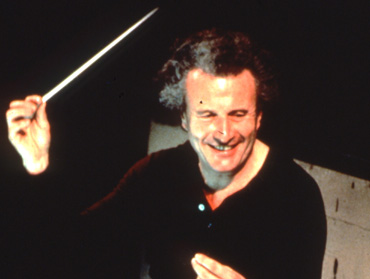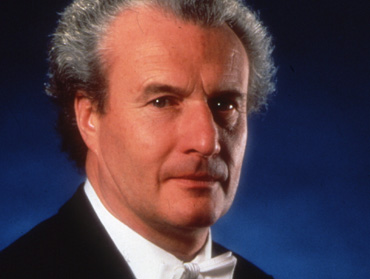
REQUIEM
Wolfgang Amadeus Mozart



Wolfgang Amadeus Mozart
REQUIEM
1984
Soloists:
Edith Mathis (soprano), Trudeliese Schmidt (contralto), Peter Schreier (tenor)
Orchestra, Chorus:
Symphonieorchester und Chor des Bayerischen Rundfunks
Conductor:
Sir Colin Davis
Director:
Hugo Käch
Mozart's last work, the Requiem Mass in D minor K626, receives a strong performance from the Bavarian Radio Symphony Orchestra and Chorus under Mozart specialist Sir Colin Davis in a classic recording made in 1984. Popular legend has it that the Requiem was commissioned by a mysterious stranger, fuelling Mozart's obsession that the piece was his own Mass. However the probable truth is much less dark, that one Count Walsegg, who had a well-known penchant for commissioning works which he attempted to pass off as his own, commissioned it upon the death of his wife. Mozart died in 1791, before completing the piece. It was later completed by one of his students, Franz Süssmayr, at the request of Mozart's wife Constanze. This live recording from the Herkulessaal in Munich features Sir Colin Davis conducting the Bavarian Radio Symphony Chorus and Orchestra with the outstanding Peter Schreier and Edith Mathis as well as ever-popular Welsh bass Gwynne Howell.
Label:
Arthaus Musik
Genre:
Konzert
Running Time:
60
Picture Format:
4:3
Sound Format:
PCM Stereo
Number of Discs:
1
Region:
0
Languages:
LA
EAN:
0807280044997
UPC:
807280044997

On the occasion of the 125th anniversary of Sergei Prokofiev in April 2016 the worldwide acknowledged Russian conductor Valery Gergiev featuring the Orchestra of the Mariinsky Theatre and world’s leading singer and instrumentalists like Leonidas Kavakos, Denis Matsuev, Sergei Redkin, Daniil Trifonov, Olga Borodina or Mikhail Petrenko(...)

Antonín Dvořák
In 1891, when he arrived in England, he was met with a wave of approbation. The Requiem was planned to be the final highlight of the Birmingham Festival, and the organisers did not regret their assessment that Dvorák’s work would have a major impact on the audience. During the performance, Dvořák was himself so carried away by(...)













 PDF Download (5,5 MB)
PDF Download (5,5 MB) PDF Download (6,7 MB)
PDF Download (6,7 MB)